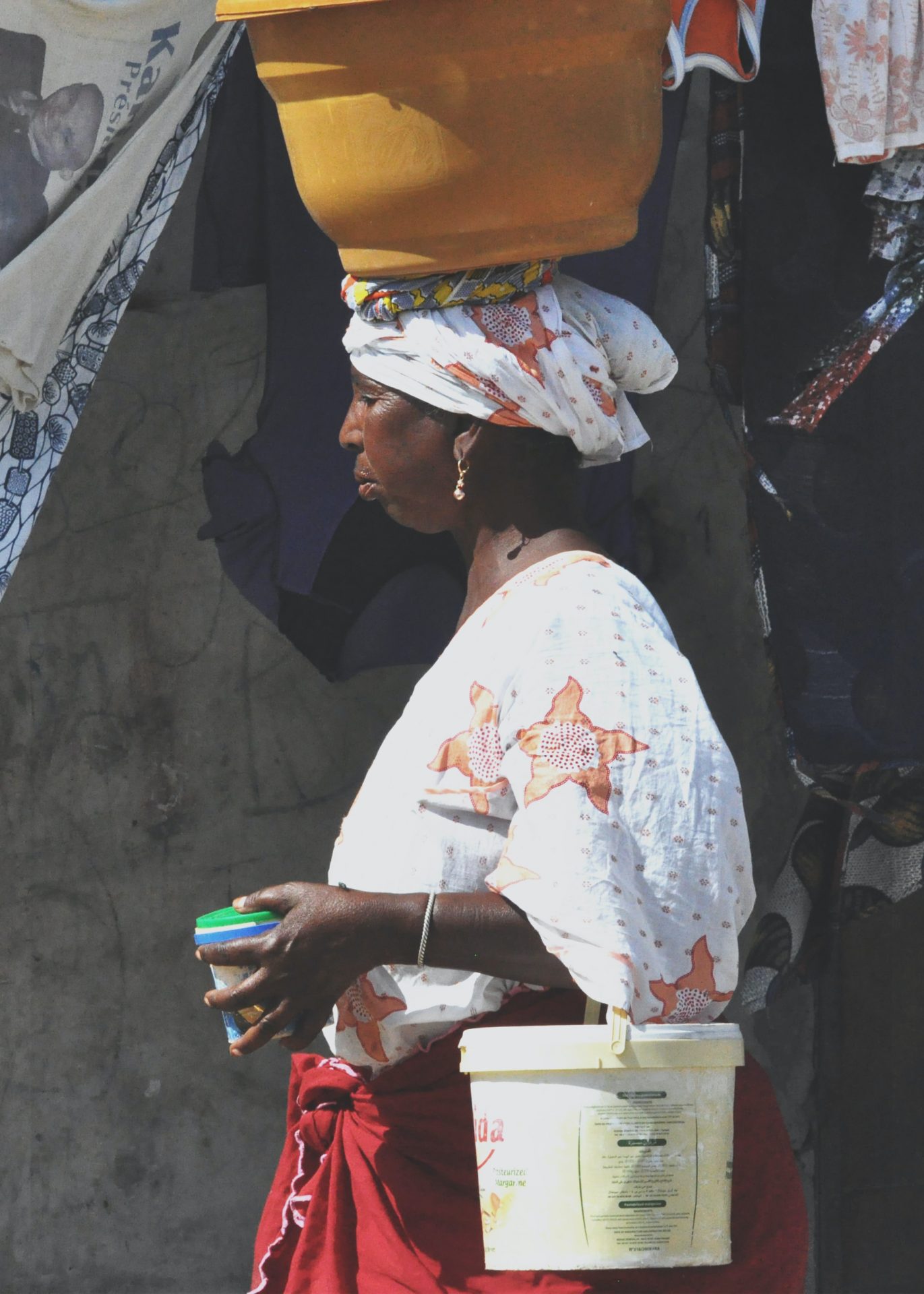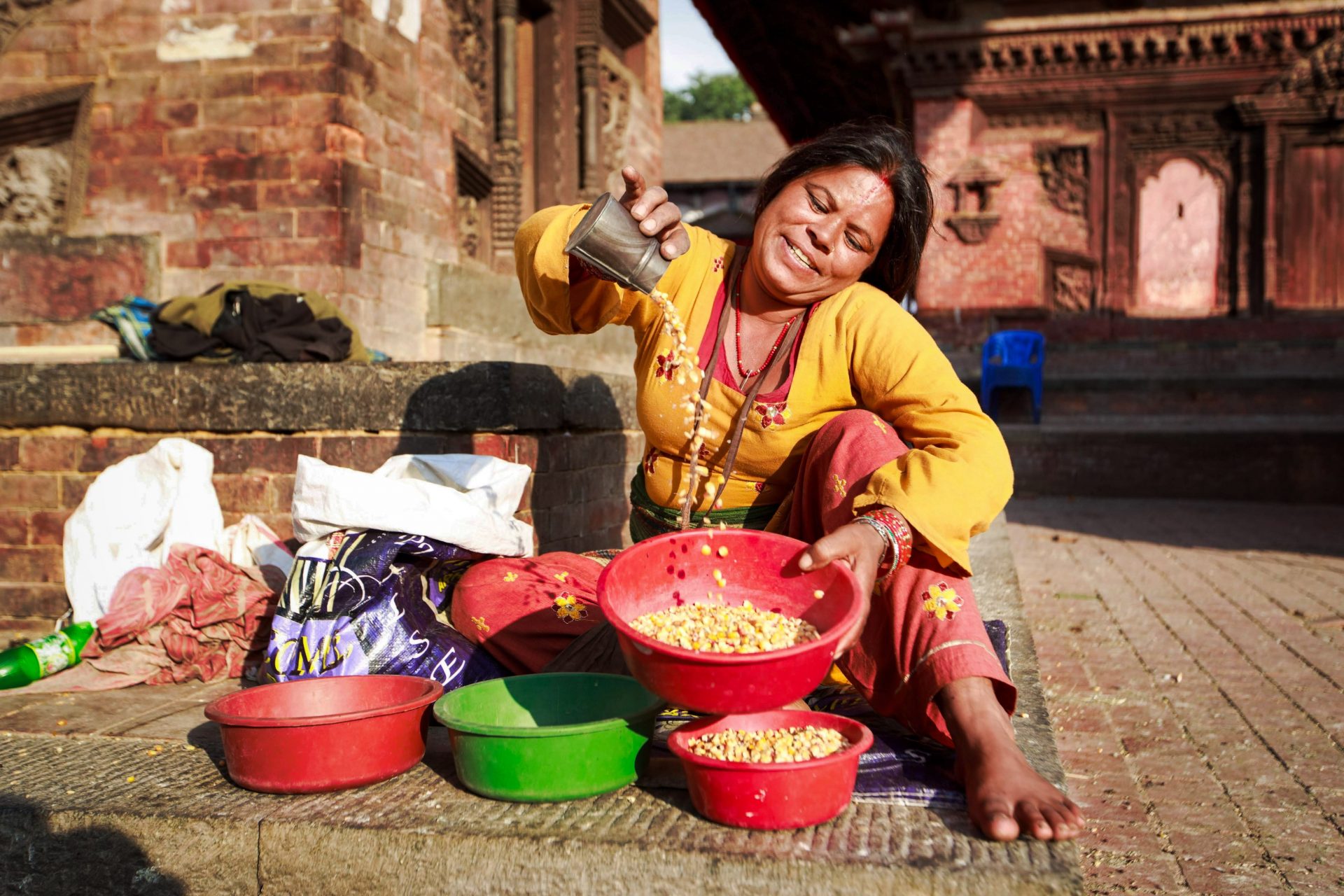- Women’s empowerment is context-specific and multi-dimensional
- This paper reviews the evidence of the impact of three types of interventions—cash transfer programs, agricultural interventions, and microfinance programs—on women’s empowerment, nutrition, or both
- It provides recommendations for future research, including more rigorous gender analysis, broadening the evidence base and investing in capacity building
Women are often primary caregivers and, therefore, can directly influence their children’s nutrition and health through childcare practices, as well as indirectly through their own nutritional status and health. Improvements in various indicators of women’s empowerment have been associated with improvements in maternal and child nutrition. Women’s disempowerment (including through, for example, domestic violence), on the other hand, has been associated with poorer child and maternal health and nutrition outcomes.

It is clear that even though women’s empowerment seems to have strong associations with improved nutrition outcomes, more research is needed to analyse the pathways that lead to improved nutrition, as well as on various conditions that can affect program impact, such as access to, availability and quality of public services, implementation modalities, and characteristics of the study population, including gender of the beneficiary.
Overall, across all three types of interventions, very little evidence exists on the specific pathways that lead to positive impacts on women’s empowerment and improved nutrition outcomes, and evidence is often biased toward a particular region. As such, the paper provides a detailed outline of recommendations for future research, including more rigorous gender analysis, broadening the evidence base both theoretically and geographically, and investing in capacity building.
Conditional CT (CCT) programs transfer money to recipients on the condition that they adhere to certain behaviors, often related to health, nutrition, or education. Unconditional CT (UCCT) programs have no such requirements. Qualitative evidence suggests positive impacts on women’s empowerment; however, quantitative findings are more mixed. CCT programs produce mixed results on long-term nutritional status. The little evidence available on UCT indicates mixed impacts on women’s empowerment and positive impacts on nutrition. Studies have found that conditionality is less important than other factors, such as access to healthcare and child age and sex. Evidence of cash transfer program impacts depending on the gender of the transfer recipient or on the conditionality is also mixed.
Agricultural interventions – specifically home gardening and dairy projects – show mixed impacts on women’s empowerment measures such as time, workload, and control over income; however, they demonstrate very little impact on nutrition. Differential impacts are highly dependent upon how a given intervention was implemented.
Evidence is also mixed regarding the impact of microfinance initiatives – which facilitate access to financial services – on women’s empowerment, although more recent reviews find that it does not have an impact. The impact of microfinance on nutritional status is mixed, with no evidence of impact on micronutrient status.
Women are not a homogenous group and women’s empowerment is context-specific and multi-dimensional. Ways to measure women’s empowerment vary but have generally been organised into two categories: indirect and direct measures. Indirect measures are structural interventions that aim to influence underlying gender norms in society and eliminate discrimination. These include enhancing women’s political participation and voice and ensuring equal access to public goods and services.
This paper highlights examples of direct interventions such as legal reforms and policy interventions to increase women’s access to and control over education, health care, agricultural inputs, water and sanitation, and financial and physical assets.

- Mara van den Bold is a research analyst in the Poverty, Health, and Nutrition Division of the International Food Policy Research Institute (IFPRI), Washington, DC.
- Agnes R. Quisumbing is a senior research fellow in the Poverty, Health, and Nutrition Division of IFPRI, Washington, DC.
- Stuart Gillespie is a senior research fellow in the Poverty, Health, and Nutrition Division of IFPRI, Washington, DC.




